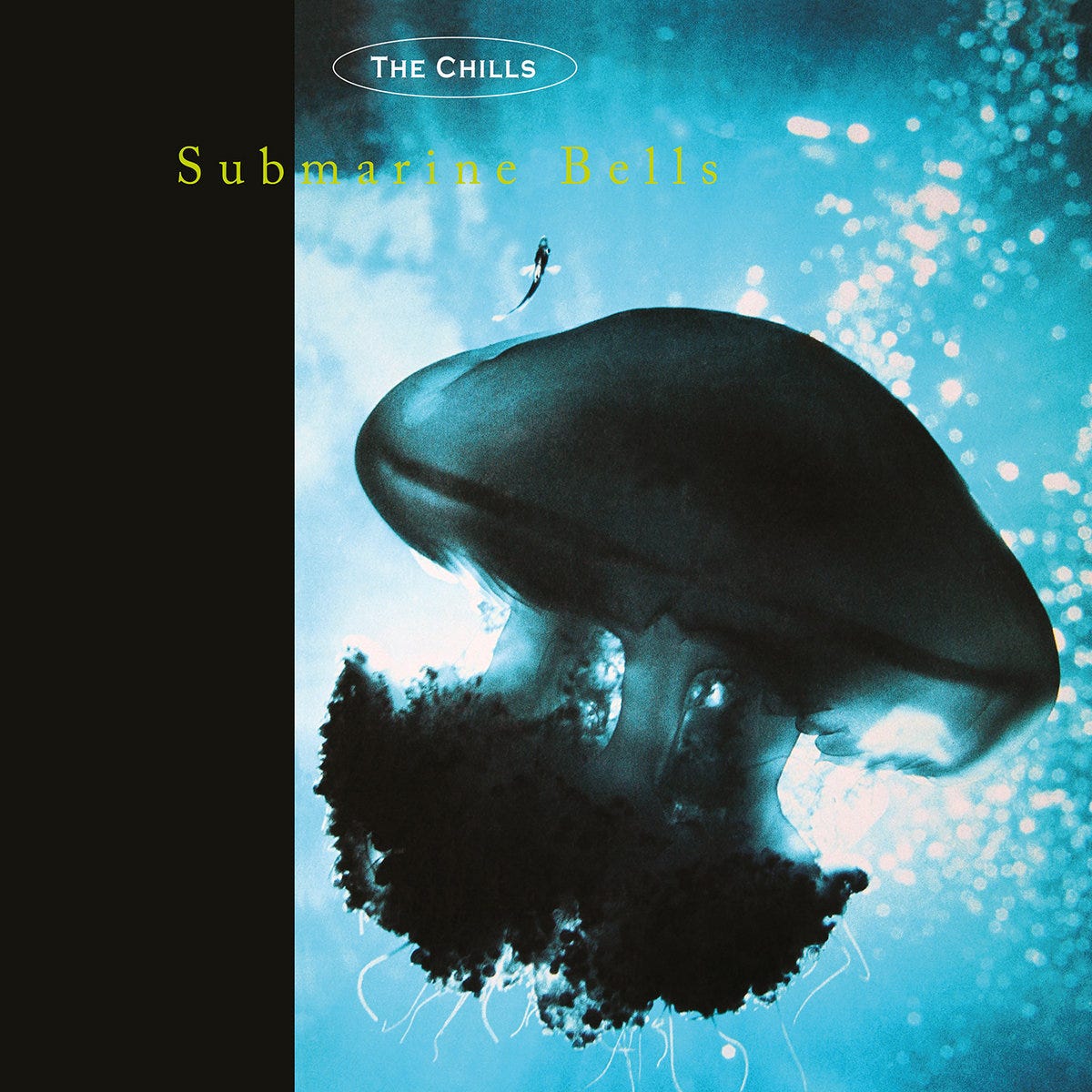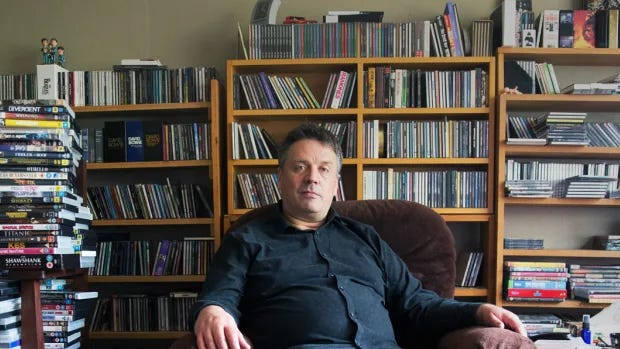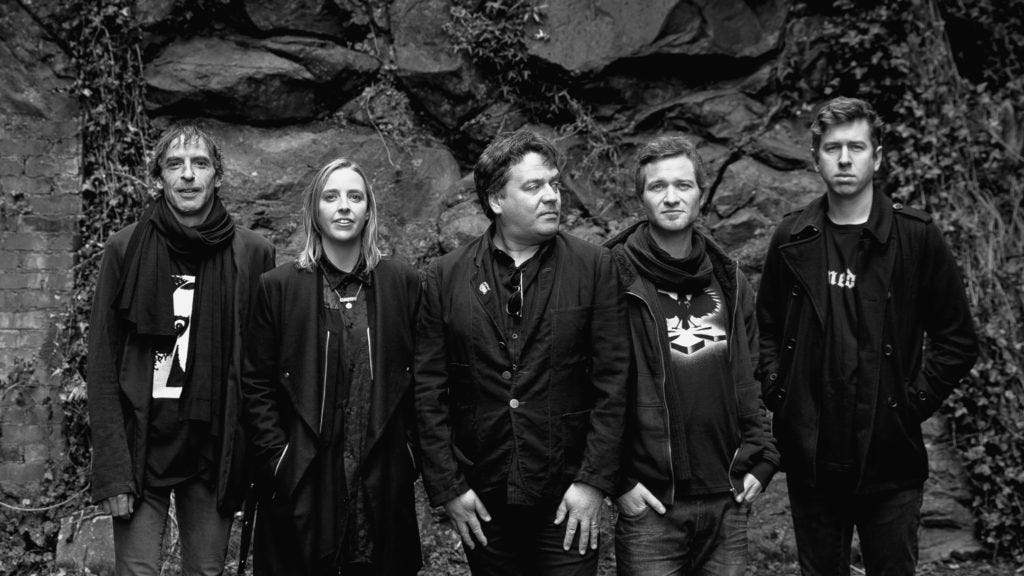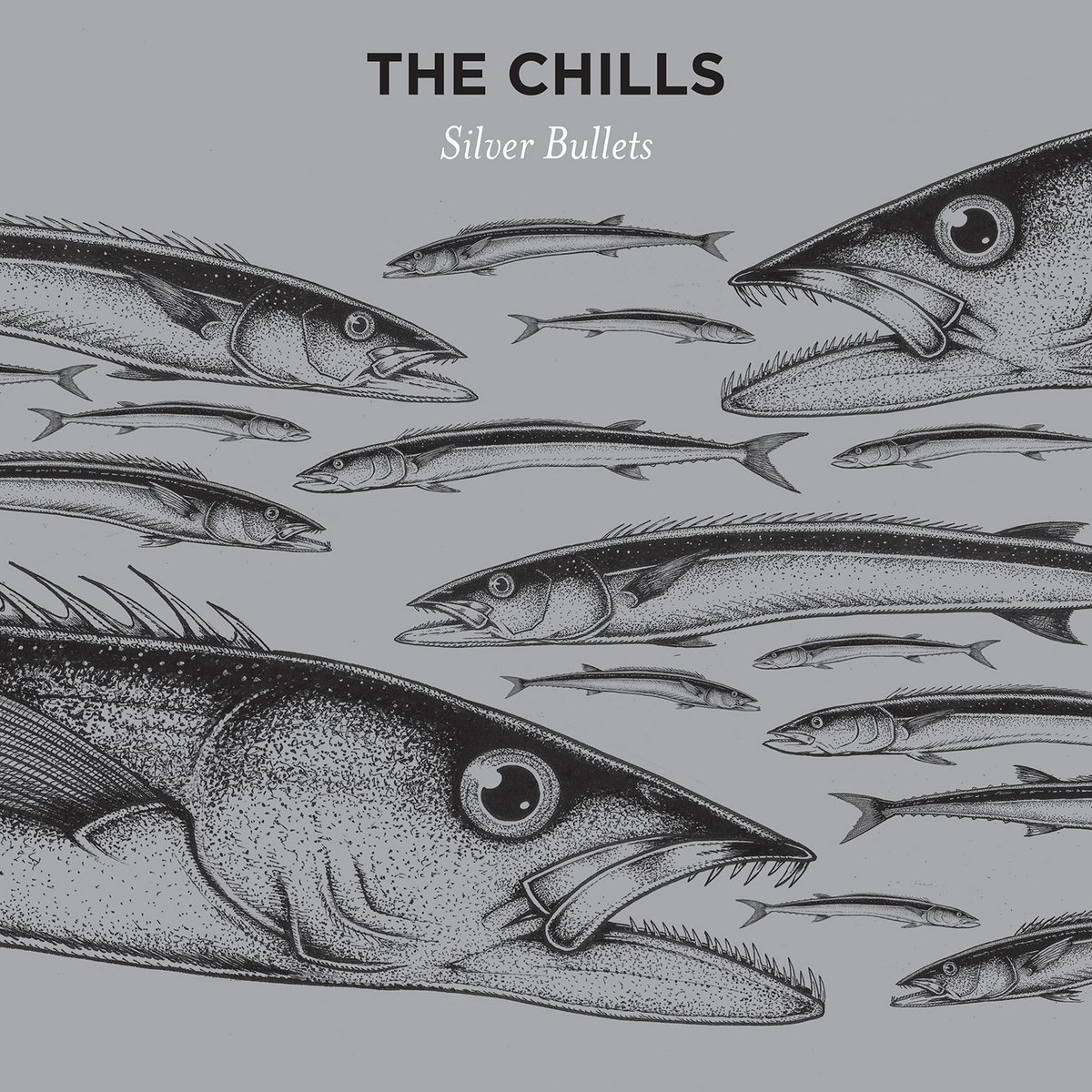When someone of note dies, there’s a tendency for people to be effusive in their praise. I think a large part of that is driven by a desire not to speak ill of the dead, to serve as a counter-narrative to would-be contrarians, and to connect with others. Most people don’t want to be the person to say, “Sorry to hear of his passing. He seemed like a nice guy, but I was never into his music,” even if that’s exactly how they feel. I think there’s a positive force animating that.
By doing this for someone else, they believe they will receive a similar treatment when they move on. Or maybe they merely want to feel a connection to others. It’s a lonely life and a lonely world, and it’s not easy feeling left out. And their passing may also have others reflecting on their mortality. Perhaps the person who died is close to their age or calls to mind the passing of time. Maybe that individual is someone they associate with their college years.
All those feelings are more complex and more profound when it involves music. When David Bowie and Prince died in 2016, it marked a change in how people grieved online. I’m sure there are many examples of people sharing personal stories of how an artist who passed away impacted them when they were younger or how an artist played a pivotal role in them finding their voice and identity. Maybe it’s because of the longevity of their careers and how vital they still seemed, making music that was still relevant, still vibrant.
They weren’t content just releasing content that paid lip service to recent trends and styles. I use the c-word deliberately because it’s a lousy way to engage with art as the artist or their fanbase. Maybe it was that they to were active online. Perhaps it was the lives they led. Though well-documented, some stories about them seemed too far-fetched to be true.
Now, it’s standard practice to write emotive tributes to an artist who passed away and what impact they had on your own life. Martin Phillipps, who passed away in late July, was not a star on the level of Bowie and Prince. At least not in the States. That’s no knock against him. Like a lot of great artists, he was underappreciated in his time. He has a major spot in my personal musical cosmology, both for the music he made and how he impacted my writing career. Nine years ago, I had the fortune of interviewing him for PopMatters.
I’d loved The Chills since college, so speaking with him about a new album was a great honor. He was open about the struggles he’d faced in his life, whether with his health or on the creative side. The Chills went through numerous lineups. Phillipps was a bit of a perfectionist and not one to compromise his vision. Fitting that this tortured pop genius got to collaborate with Van Dyke Parks on one song: “Water Wolves.”
Phillipps’ health problems included alcoholism, addiction to heroin, and hepatitis C. But he was able to overcome that and enjoy another era of creativity. The 2019 documentary The Chills: The Triumph and Tragedy of Martin Phillipps doesn’t shy away from that, but one is left with the sense that Phillipps had triumphed over that part of himself and had learned from his mistakes.
He was quick to thank his collaborators, open and apologetic about his past indiscretions. The real secret is that life does not get easier. It can, in a way if you experience a reversal of fortune. But in my experience, it’s less that life gets easier and more that you have become more resilient. If you are lucky, you are aware of past patterns of poor behavior and know how to avoid it or find paths out of it. Many people aren’t so fortunate; they don’t benefit from sheltering wings. One mistake can be a fatal error. One person’s minor inconvenience is the spark for an eventual suicide.
Nearly twenty years went by without them recording a new album. During that time, the group released a live album, some compilations, and an EP. The documentary covers this in detail: the personal and artistic. Sixty-One is far too young, and it’s a real shame he is no longer with us and to be appreciated for all the wonderful music he made.
When I interviewed him, he spoke of music as something that drives him still, something that he could never give up. For some people, there is one solitary thing that keeps them hanging on despite their difficulties. A life raft, a symbol of why it is worth sticking around even when things feel their bleakest, and taking your own life seems like the only viable path forward because nothing else you’ve tried seems to work.
Though much of it was joyful, there was a touch of melancholy to his music. It was wistful and sentimental, like a half smile where you can feel and see the sadness behind the eyes. It’s not an overwhelming sadness, merely one of resignation.
There are great songs in every part of The Chills’ discography, but for my money, they peaked with Submarine Bells. Listening to it, you can see how it would have fit in well with what was going on with indie music then, mainly the stuff that was getting played on college radio stations. It’s familiar, yet very much its own thing.
Listening to Flying Nun bands, one hears kindred spirits. You can hear it in their music; these influences are reworked into something novel yet familiar. These were people whose record collection looked a lot like yours. I always get so excited when I encounter another Flying Nun fan because I’ve met someone who will understand me at least a little bit. Our tastes may not fully overlap, but we’ll always have that.
I find it comforting to listen to a band of music nerds. Spotting the reference can grow tedious, but when it’s done by someone on a similar wavelength, it can feel like a psychic dialogue.
Part of the appeal is the same you get from watching a film and finding good luck in predicting the way a plot or character develops. Sometimes you’re mistaken, but the choices mesh with your understanding of that world.
I think what appeals to bands like that is the blend of comfort and excitement: you generally know that you’ll be receptive to this music, and the excitement comes from how they’ll approach something familiar in a new way.
Flying Nun was another discovery made in college, likely once again because of AllMusic. Or Amazon, I purchased a fair amount of digital music on there during that time, including Submarine Bells. I got recommended albums based on my history, and one of them was Mister Pop. The title and cover alone had me sold, and the track “In The Dreamlife You Need a Rubber Soul” was an added bonus. I liked what I heard, so I turned to AllMusic for more on The Clean. I started with Anthology and expanded to other Flying Nun bands from there. I played Flying Nun on my radio show and added them to my mixes. In grad school, I remember listening to “Rain” by The Chills while I tried to stay dry walking across campus. During that time, I delved deeper into the label, found compilations released by the label, and tried to listen to anything the label had put out.
Around this time, there was a wave of music from Australia known as Dolewave. Many bands in that scene were strongly influenced by Flying Nun bands and groups like The Go-Betweens.
I also had an easier time getting into the label because my favorite local record store had a special display of Flying Nun releases. Tastemaking is a lost art in the age of the algorithm. I prefer getting my music recommendations from a person. Now, we are free to curate our own experiences because the nature of algorithms is effectively an echo chamber.
One of my favorite memories with my college friends came three years after graduation. We drove down to Bloomington to see The Clean play The Bishop on August 17, 2014. It felt like old times but also a final hurrah. I remember feeling delirious when they played “Tally Ho!” As we got older, we drifted apart—the nature of life. Moves, marriages, careers, deaths of parents, and other major milestones set us apart. And so we sail further from each other, slowly becoming abstract shapes and dots on the horizon as the currents carry us away from one another.
The documentary on Phillipps has an added poignancy knowing his passing. These moments near the end stayed with me in light of his passing.
“And the bigger picture - we’re not talking about an extra just five years now, as we were? We’re actually talking about a regular lifespan?,” Phillipps says to the medical professionals.
“All expectations are you could live to 90,” the medical professional responds.
“This has been the most extraordinary two years, possibly in my life, and that’s saying something. A dark chapter is over, and now the future has kind of opened up. I feel so fortunate. And I wanna make the best of it,” says Phillipps.
I wish you had gotten those extra years. I wish you had made it to 90.
Here is the interview I did with Phillipps for PopMatters in 2015. I’ve edited the original for clarity and accuracy.
The Chills have finally done it: they’ve released their first studio album in nearly 20 years. It’s been a long time coming, something I learned from a conversation with Martin Phillipps, the mastermind behind the Chills. Phillipps has been an important figure in the history of popular music for his work on New Zealand’s Flying Nun label.
The Chills were first introduced to the world on the classic Dunedin Double EP, a notable EP of New Zealand artists that featured the Chills, the Verlaines, the Stones, and Sneaky Feelings. Flying Nun started in Dunedin, a town with around 100,000 people on the South Island of New Zealand.
In a remote and isolated country, particularly in the pre-Internet era, the artists of Flying Nun created a unique sound influenced by the Velvet Underground and punk. Groups like the Clean and the Chills have influenced other stalwart indie bands such as Yo La Tengo and Pavement, the latter band having their music distributed by the label during their initial run.
The label made an indelible impact on indie music, particularly on artists who favor a more lo-fi recording approach. It’s a beautiful time to be a Flying Nun fan, as the label has undertaken a reissue campaign that has made a lot of rare music more readily available. The influence of the label can be felt in the music of groups like Twerps, Dick Diver, and Salad Boys. The latter group previously served as the backing band for Clean member David Kilgour.
The Chills' last studio album, Sunburnt, was released in 1996. Since then, a few compilations, EPs, and live albums have been released, but no proper studio albums have been released. This all changed when Silver Bullets arrived in late 2015.
The last Chills album came out 20 years ago; why release one now?
Well, we’ve done various recordings in the interim, in particular the Stand By EP. It always seemed that a new album was about to happen, but various problems arose. And it was hard to get the actual support that we needed to record a proper album in a studio. Even without that there wasn’t the support there for what the Chills are doing as there had been in the ’80s and early ’90s.
What influenced the creation of this album lyrically and musically?
Well musically some of the concepts, I think about a third of them have been kicking around my mind for anything up to 20 years. But when it came to it, the bulk of the album was written in a little over a year once we got the numbers up to record an album. And our songs are a lot more topical material, which is something I never specifically wanted to do in the past, because I felt it would be too easily dated and I didn’t want to produce slogans. But I found myself more and more angry or upset about the way the world was heading and that was the way the lyrics came out. So I took it as a challenge that song-wise, I should be able to do something with that and turn my thoughts into proper lyrics that would outlast the contemporary problems I was writing about.
What would you say keeps you driven creatively?
Well, I still very much love music and I couldn’t stop making it if I tried. I don’t actually think I could stop this idea coming through. I’ve long since realized that it is my forte, my strength is to be a songwriter and secondly a performer of the songs.
You’re the one constant thread in the Chills, to what do you credit your longevity as an artist?
I realized long ago that music was my career. I’m not planning to do anything else and at 52 it was kind of too late in life to start anything else. With this lineup of the Chills, two of them have been with me for 16 years now. Todd Knudson the drummer, James Dickson on bass. Erica Stichbury who played violin, guitar, and keyboards, she’s been with me about 11 years and the other keyboardist, Oli Wilson, about nine years. The stability has helped maintain the momentum of the Chills. They’ve been through some pretty rough periods with me and it’s been great to finally unleash them in the studio.
I listened to the album last night and I thought it was great. I think it’s on par with your earliest work. Sonically, it reminded me of some of your more classic recordings. I think people are going to be really pleased with it when it comes out. Did you make a conscious effort to recapture the magic of some of the earlier work?
I think the idea was, from my point of view, that I really wanted to bring the legacy up to date. I think it achieved it, it sounds like the Chills of old, but a tune up utilizing what’s available in the studio now to make these ideas more real. So far the response from everyone who’s heard it, it’s exceeded [or] it’s up to anything we’ve done in the past. And that’s great. At the same, the band and I have already decided that even if no one else liked it, we knew we’d done something special. We want people to like it.
What was the process of making this album like?
We recorded the live album [Somewhere Beautiful] in 2011, I think it was, a private birthday/New Year’s Eve Party and David Telpitzky was there and he was astounded that the opportunities were not being given to the Chills to record. He’d seen a band signed to Far South Records and that label subsequently got a deal with Fire Records for international distribution. All of a sudden we were given access to Karma Sounds Studios in Thailand back in 2013. That’s where we re-corded “Pink Frost” and also the song “Pyramids/When the Poor Can Reach the Moon” was recorded there as well. It was sort of meant to be a B-side but I thought it should be the first track for the album.
And the rest of the album was recorded in my hometown of Dunedin, on the South Island of New Zealand, in one of the last BBC-style studios, pretty much modeled on Abbey Road Studios. Then we came over as a band last year to do a quick tour of Europe and the United Kingdom and I stayed on to mix the album here in London. We were [on] leisure time while labels worked out their own deal between themselves. We were recording some more and Brendan Davies came aboard as co-producer. He and I worked on the final twitching right up to earlyt his year. It was wonderful having that piece of time just to really fine-tune things and I’ve never had that sort of luxury before.











Public grief can be so strange. Before that Donald Sutherland double feature we saw I always thought of him as kind of a character actor, one of those guys who was never a leading man. If it weren’t for his death and some good timing for the tribute I never would have reevaluated his early career. It also brought Jane Fonda along. In a world of 80 for Brady and The Hunger Games it’s hard to remember sometimes that these people were like top 5% of the raddest people on the planet at that time.
great article. you captured the Chills/Flying Nun essence nicely